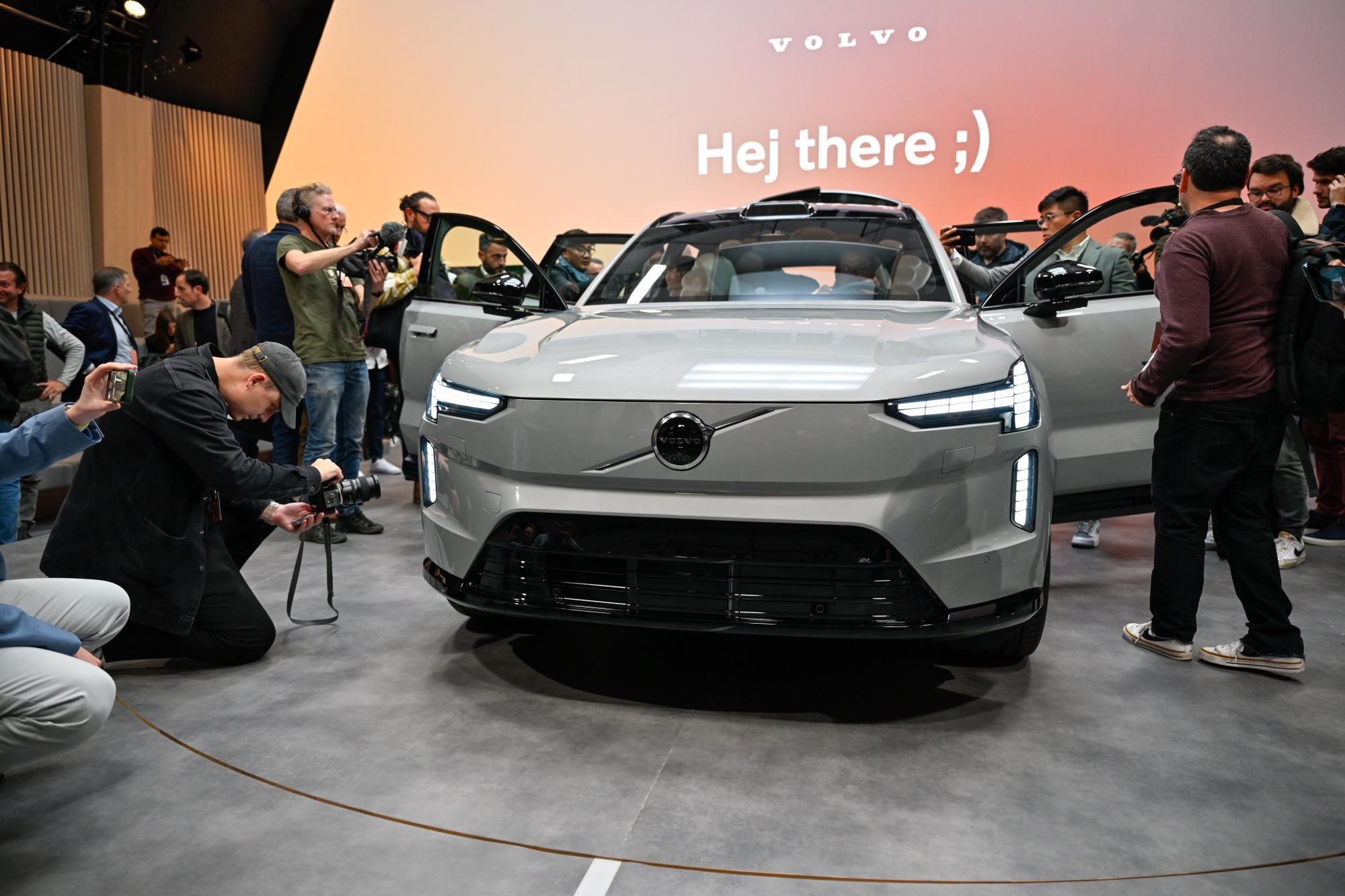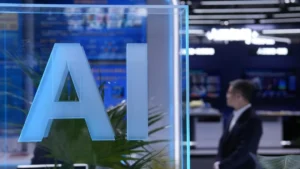In a major shift in strategy, Volvo has announced that it will no longer aim to exclusively produce electric vehicles (EVs) by 2030. Instead, the company will offer a mix of fully electric and hybrid vehicles to adapt to the current market conditions. This decision marks a significant pivot for the Swedish automaker, which has long positioned itself as a leader in sustainability and had previously set bold targets for electrification.
Volvo’s retreat from its fully electric vision comes at a time when the global automotive industry is facing substantial challenges in the transition to EVs. CEO Jim Rowan emphasized that while Volvo remains committed to an electric future, the pathway to achieving this is more complex than anticipated. “We still believe that the future of transportation is electric,” Rowan stated, “but the reality is that the shift will happen at varying speeds depending on market conditions, customer demand, and the infrastructure available.”
By 2030, Volvo now expects that 90% of its production will consist of fully electric cars and plug-in hybrids. However, the company has not ruled out continuing to sell a small number of mild hybrids—traditional vehicles that benefit from some level of electric assistance. The recalibration of Volvo’s electrification timeline reflects broader concerns within the auto industry about the feasibility of meeting aggressive EV targets in the face of logistical and economic challenges.
One of the key issues affecting the EV market is the slow development of charging infrastructure in many regions, which has hampered the widespread adoption of electric cars. In addition, the rollback of government incentives for EV buyers, particularly in Europe, has led to a noticeable drop in demand. Data from the European Automobile Manufacturers Association shows that EV registrations across the EU fell by nearly 11% in July, following the removal of subsidies in countries like Germany.
The geopolitical landscape has also complicated Volvo’s plans. The company, which is majority-owned by China’s Geely, manufactures a significant portion of its vehicles in China. This has made Volvo vulnerable to new tariffs imposed by Western countries on Chinese-made electric cars. Canada, the United States, and the European Union have all announced hefty tariffs on Chinese EV imports in response to what they see as unfair government subsidies supporting China’s EV industry. China has denied these allegations, calling the tariffs discriminatory.
Volvo’s decision to scale back its EV ambitions mirrors similar moves by other major automakers. Ford recently canceled plans for a large all-electric SUV, and General Motors has adjusted its own EV production targets due to lower-than-expected demand. The global push towards electrification remains strong, but the road ahead appears to be more uncertain and filled with more challenges than originally forecasted. As automakers like Volvo navigate this new reality, the company’s revised approach highlights the complexities of the transition to a greener future. The inclusion of hybrid models in its 2030 lineup signals a recognition that while full electrification is the ultimate goal, hybrid vehicles will continue to play an essential role in bridging the gap until markets and infrastructure are fully ready to support the widespread adoption of electric vehicles.










